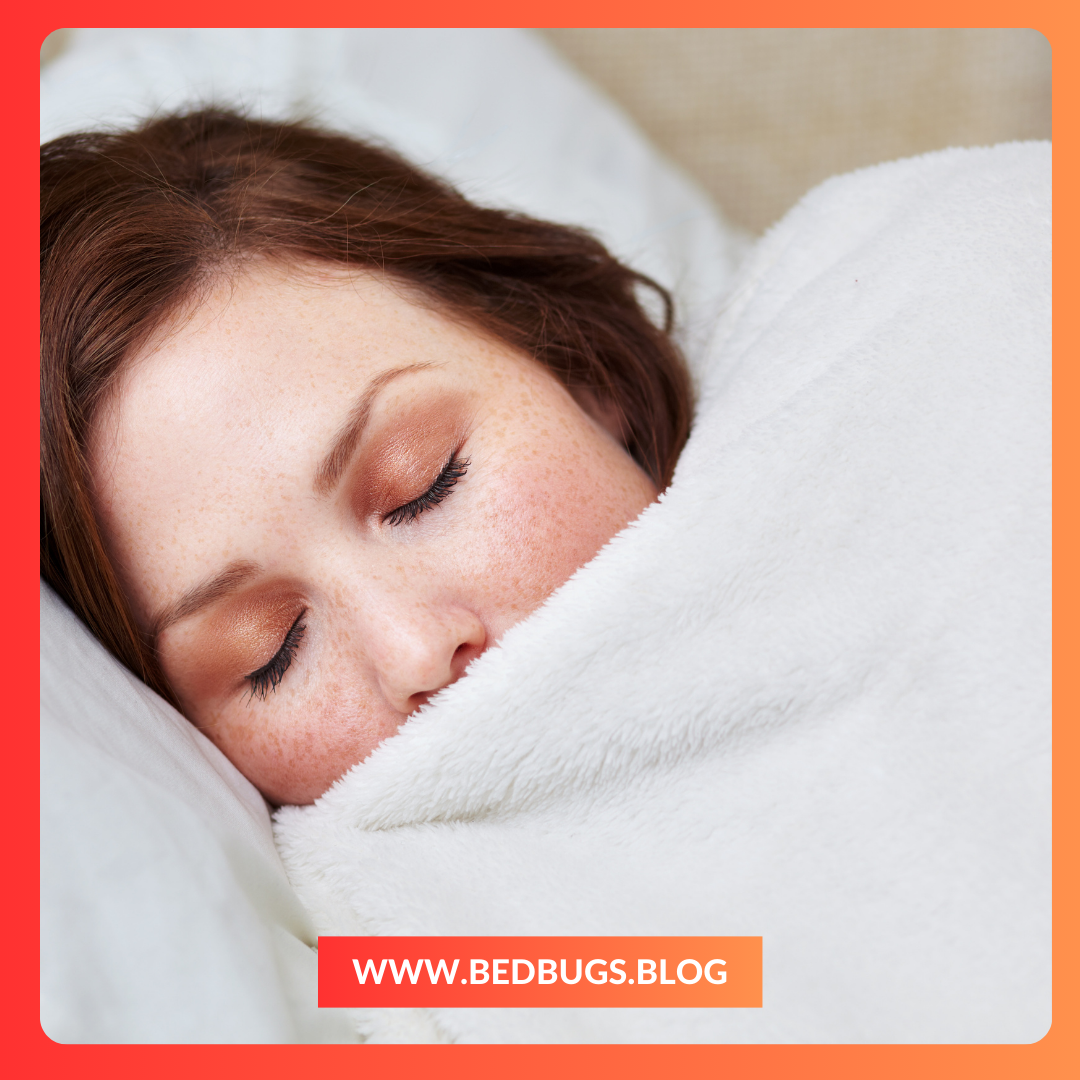Do Bed Bugs Bite?
If you’ve ever woken up with itchy, red marks on your skin, you might have asked yourself this question: Do bed bugs bite? The thought of these tiny, unwanted pests invading your space can be unsettling, but understanding their behavior, why they bite, and how to deal with their bites is the first step in reclaiming your peace of mind. This article breaks down everything you need to know about bed bug bites so that you can identify, treat, and prevent them effectively.
What Are Bed Bugs?
Bed bugs are small, wingless insects known for their reddish-brown bodies and their knack for hiding in the tiniest of spaces. Measuring just 4–7 mm, they might be tiny, but their impact can be significant.
Where Do Bed Bugs Live?
Bed bugs thrive in areas where they have easy access to human or animal hosts. Common hiding spots include:
- Mattresses and box springs
- Furniture upholstery
- Cracks in walls or floors
- Behind picture frames or wallpaper
They can hitch a ride in your luggage, on clothing, or even in secondhand furniture, making them highly adept at spreading.
| Pest | Appearance | Bites | Habitat |
|---|---|---|---|
| Bed Bugs | Reddish-brown, flat | Small, red, clustered welts | Mattresses, furniture |
| Fleas | Tiny, dark brown | Itchy bites on ankles | Carpets, pets |
| Ticks | Oval, dark | Bite site with a rash | Outdoors, grass |
How Do Bed Bugs Bite?
Bed bugs are nocturnal feeders, meaning they’re most active at night when you’re asleep. They’re drawn to your body heat and the carbon dioxide you exhale.
The Biting Process
- Detection: Bed bugs use heat sensors to locate exposed skin.
- Bite: Their sharp mouthparts pierce your skin painlessly, thanks to a numbing agent in their saliva.
- Feeding: They draw blood for 3–10 minutes before retreating to their hiding spots.
The result? Small, red welts that are often itchy and appear in clusters or straight lines.
Symptoms of Bed Bug Bites
It can be tricky to distinguish bed bug bites from those of other insects. Knowing the specific characteristics of their bites can help.
Identifying Bed Bug Bites
- Appearance: Small, red, and often in a straight line or cluster.
- Location: Commonly on exposed areas like the arms, neck, face, or legs.
- Itchiness: Bites can be intensely itchy, leading to scratching and irritation.
How They Compare to Other Bites
- Mosquito bites: Usually isolated and slightly raised.
- Flea bites: Small red spots, typically concentrated around the ankles.
Reactions to Bites
While most people experience mild redness and itching, others may have more severe reactions, including:
- Blisters or hives
- Swelling and inflammation
- Allergic responses requiring medical attention
Why Do Bed Bugs Bite?

Their Need for Survival
Bed bugs bite because they rely on blood to grow, molt, and reproduce. While they prefer human hosts, they can also feed on pets if necessary.
When Are Bed Bugs Most Active?
These pests are most active during the early hours of the morning when you’re in your deepest sleep. Their ability to detect body heat and carbon dioxide ensures they can feed without being noticed.
How to Treat Bed Bug Bites
Waking up to find bed bug bites can be distressing, but there are effective ways to alleviate the discomfort.
At-Home Remedies
- Clean the Area: Wash the bites with soap and water to prevent infection.
- Cold Compress: Apply a cold pack to reduce swelling and soothe irritation.
- Topical Treatments: Use natural remedies like aloe vera or calamine lotion to calm the skin.
| Remedy | Purpose | Application Tips |
|---|---|---|
| Soap and Water | Prevent infection | Gently clean the area. |
| Cold Compress | Reduce swelling and itching | Apply for 10–15 minutes. |
| Aloe Vera Gel | Soothe skin | Use pure, natural aloe vera. |
Over-the-Counter Solutions
For more severe itching or swelling, you can try:
- Antihistamines: Relieves itching and allergic reactions.
- Hydrocortisone Cream: Reduces inflammation.
When to Seek Medical Attention
- Signs of infection, such as pus or increased redness.
- Persistent or worsening swelling.
- Allergic reactions that include difficulty breathing or widespread hives.
Preventing Bed Bug Bites
The best way to avoid bed bug bites is to keep them out of your home.
Inspection and Cleaning
- Regularly check your mattress, bed frame, and furniture for signs of bed bugs.
- Look for small, rust-colored stains (their droppings) or tiny eggs.
- Wash your bedding in hot water weekly.
Protective Measures
- Use mattress encasements to trap and prevent bed bugs from living inside.
- Vacuum frequently to remove eggs and larvae.
- Seal any cracks or crevices in walls or furniture where bed bugs could hide.

FAQs About Bed Bug Bites
Do Bed Bugs Bite Every Night?
Not necessarily. Bed bugs feed every 5–10 days, but they may bite multiple times in one feeding session.
Do Bed Bugs Spread Disease?
No, bed bugs are not known to transmit diseases to humans.
Can You Feel Bed Bugs Bite?
No, you won’t feel their bites immediately because their saliva contains a numbing agent.
Dealing with bed bug bites is not just a nuisance it’s a wake-up call to take action. While their bites don’t pose serious health risks, the discomfort and sleepless nights they cause can disrupt your peace of mind. By understanding their behavior, recognizing their bites, and implementing preventative measures, you can effectively manage the situation and protect your home.
If you found this guide helpful, consider sharing it with someone who might need it. Together, we can create a bed bug-free environment for everyone.
